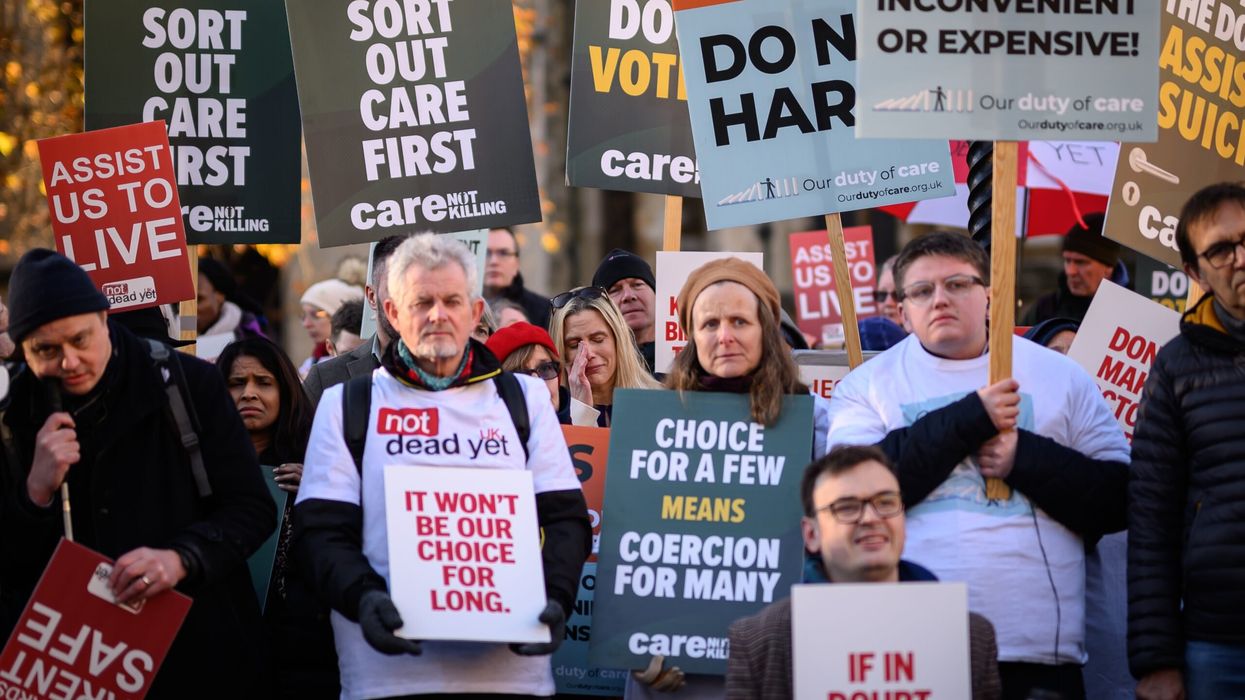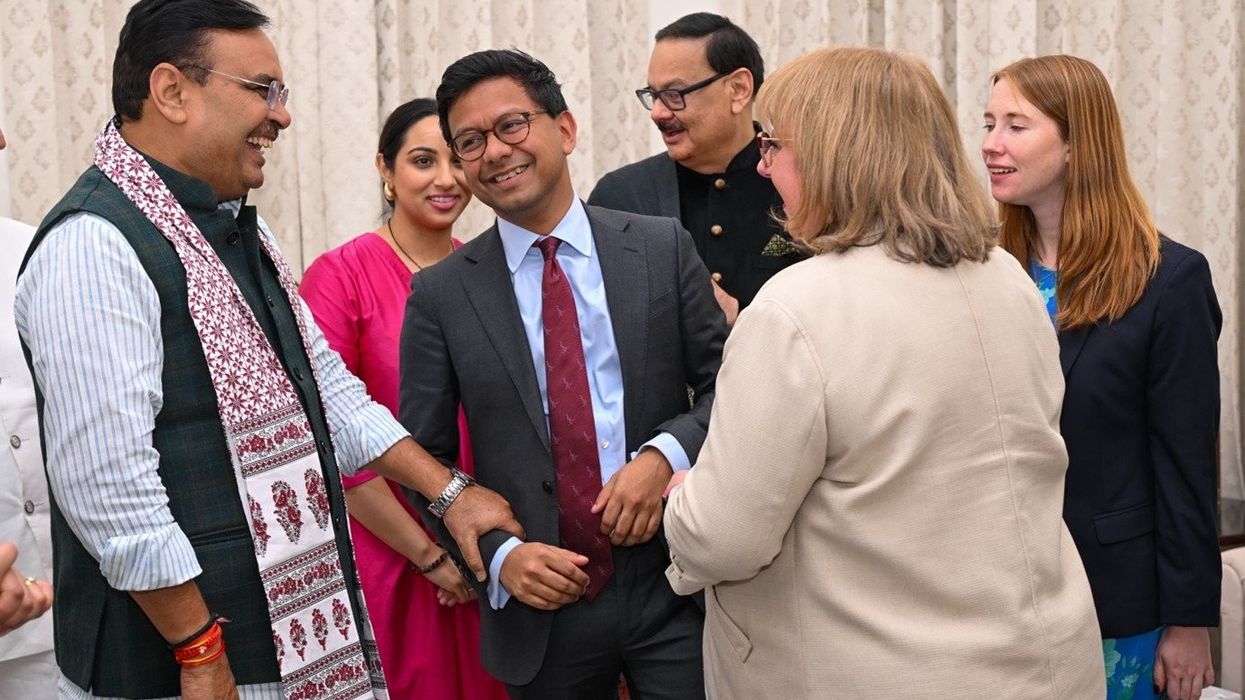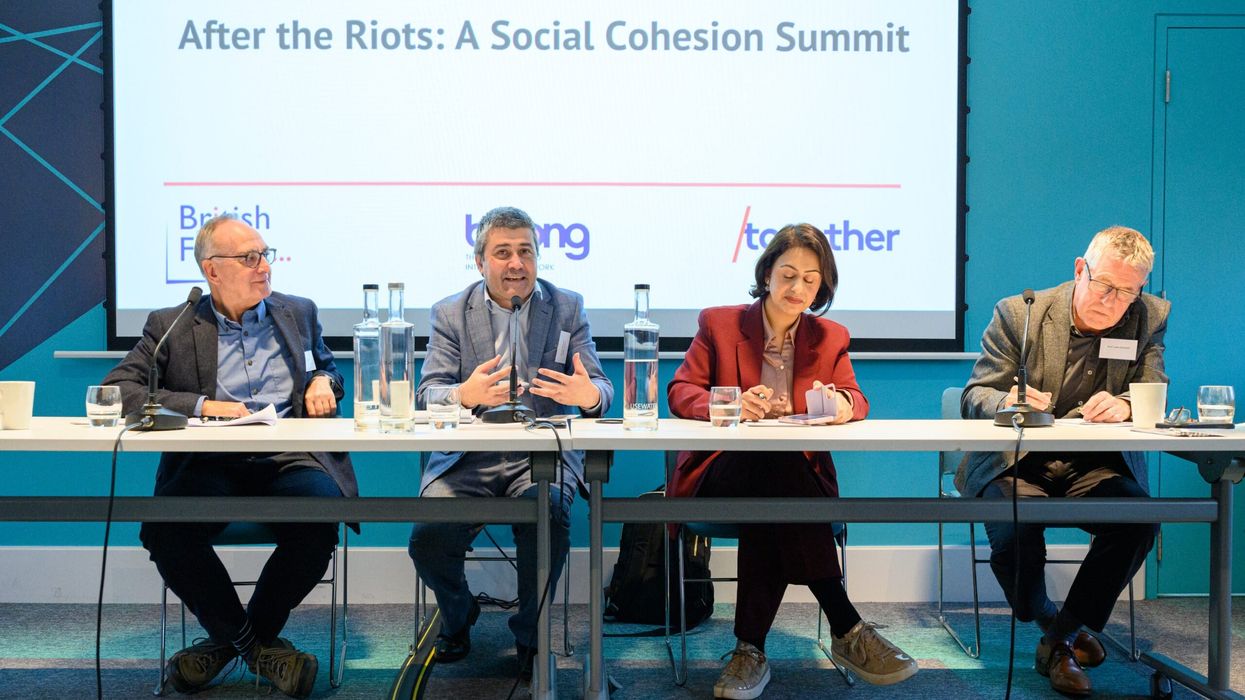By Lord Dolar Popat
I WAS delighted to read the joint statement on the enhanced trade partnership made during our international trade secretary Liz Truss’s recent visit to New Delhi.
India is a country with which we have a huge amount in common, and deepening ties with vast and attractive markets like this is precisely, of course, why we left the EU.
Given how much our two countries share – the history, language, culture, the 1.7 million-strong British-Indian diaspora – this is another, very special relationship. We are natural partners. Some of the things in which the UK is strongest – financial and professional services, education, energy – are precisely markets which India is looking to develop.
Amid talk about differences, globally, of political systems, it is very notable that modern India emphatically shares our values. It is a democracy: famously, the world’s largest. For centuries it has absorbed our laws and our customs. Belief in free enterprise is passionate, and shared.
Already our trading relationship is very strong, worth some £24 billion annually, and supporting around half a million jobs. Almost 850 Indian companies in the UK turn over more than £40bn, supporting jobs in every region and in every nation.
But while this sounds impressive, there is the potential for much more. New opportunities exist for British business, in what is one of the world’s biggest economies. And not only will more trade mean more jobs, it will also mean higher-quality, more enduring and more satisfying jobs.
Today, in vast areas of science and technology – areas sure to be integral in the future – India is a powerhouse. It has the third most ‘tech’ start-ups in the world. In an area like computing, and in a segment of it vital for the future, like AI, Indian expertise is renowned.
In medical science, its prowess is less recognised but is every bit as pronounced. At a time of unprecedented interest in vaccines, the country provides half of all vaccines in the world – and fully a quarter of the NHS’s unbranded drugs. The AstraZeneca Covid vaccine, developed by the UK, is made in India. No wonder the country is known as ‘the pharmacy of the world’.
As the G7 president this year, we want all democracies to join the fight for trade that is both fair and free – that is of benefit to all parties. We want to back trade that is good, furthermore, not only for those alive now but also for future generations, which produces growth that is clean and sustainable, and good for the environment in which we all live.
These are areas on which we are focusing, as we look to entrench the strong co-operation between our two nations – and to embark on the substantial work of rebuilding the global economy, post-Covid, together. India has a vast and expanding consumer-market, hungry for British goods and services. A trading relationship that is already deep will become much deeper.
The benefit will be strong, it will be mutual, and we must support wholeheartedly the government’s attempts to encourage it.
Lord Dolar Popat is a Conservative peer, and a former government whip who currently serves as prime minister Boris Johnson’s trade envoy to Rwanda, Uganda and the Democratic Republic of Congo. Lord Popat is also the founding chairman of the Conservative Friends of India, helping the party to bridge the gap between the British Indian community and strengthening bilateral ties with India.




















Trading on Indo-UK ties